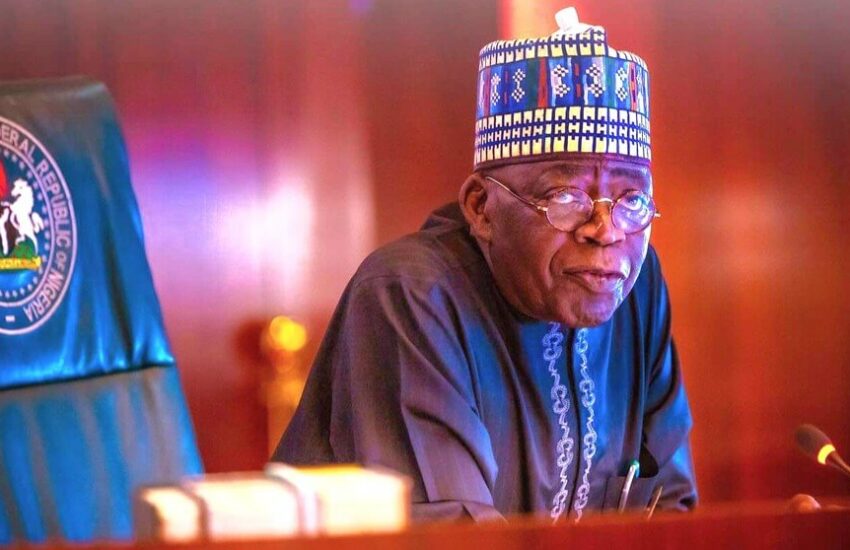Business owners and operators have praised President Bola Tinubu, the ministers of the economy, industry, trade and investment, and interior for delaying the Expatriate Employment Levy’s (EEL) implementation.
Over the weekend, the federal government suspended the implementation of the recently enacted Expatriate Employment Levy by the Federal Ministry of Interior in response to the intervention of NACCIMA and other stakeholders.
The Expatriate Employment Levy was introduced last week by President Bola Ahmed Tinubu.
There was a lot of backlash from businesses and entrepreneurs when the tax was first proposed, with many expressing concern that it would discourage foreign investment—which the present government needs to stem the currency’s precipitous decline.
President Bola Ahmed Tinubu’s successful Trade and Investment outreach in Qatar and a productive meeting with the ministers of Industry, Trade and Investment and the Interior led to the suspension of the levy, according to a statement released over the weekend by NACCIMA President Dele Kelvin Oye.
He mentioned that the Nigerian Association of Chambers of Commerce, Industry, Mines, and Agriculture (NACCIMA) and other important groups have announced the temporary suspension of the Expatriate Employment Levy (EEL) that was recently passed by the Federal Ministry of Interior and is being handled by the Nigerian Immigration Service.
The chief executive of the CPPE, Dr. Muda Yusuf, praised the action, saying it shows that the Tinubu administration is responsive, democratic, and inclusive. The administration is clearly listening because of this. True democracy is characterized by responsiveness to stakeholder concerns.
Meanwhile, as we consider what to do next, we want to emphasize that the Expatriate Quota Handbook and the Nigeria Immigration Act already have regulations and legislation that deal directly with the results that the EEL is trying to achieve. There are crucial topics covered in the guidebook, such as technology transfer, job localization, and restrictions on certain kinds of expatriates based on current skill shortfalls. It is robust and thorough.
Press play to start playing.
The head of the European Union trade delegation, the chair of the NACCIMA digital trade group, representatives from NASME, the presidents of the Petroleum Technology Association and Special Economic Zones Association, the director general of the Nigerian Turkiye Business Council, and others were present alongside NACCIMA president Dele Oye.
According to Oye, everyone in the meeting agreed to temporarily halt the Expatriate Employment Levy’s implementation so that they can continue consulting with NACCIMA and other important parties.
